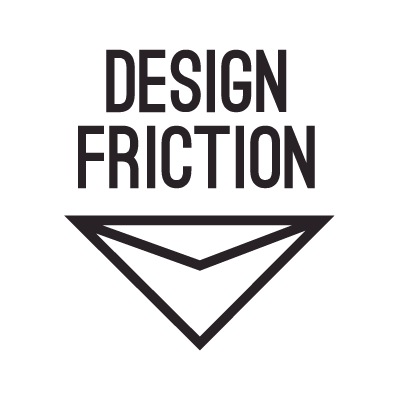— Speculations
— Workshop
— Toolkit
— About
— Contribute!
About Data Funerals
Data Funerals, a design f(r)iction exploration
Data Funerals is a self-commissioned design fiction project by Design Friction. It includes a series of artefacts, scenarios, and a workshop to explore emerging and speculative rituals helping users to cope with failing data-driven services.
As hundreds of real-fictional rituals can be told, Data Funerals has been imagined as a participatory experiment, with a workshop, a toolkit and a call for contributions.
The fragileness of the data infrastructure
This is a starting point of our exploration. We are told we are about to become a digital civilisation. Anthropologists acknowledge funeral rites as one of the markers of civilisation. Yet, we don’t have rituals for gone data.
Over the last decades, data have become the essential building blocks of our so-called digital-driven society. However, they remain these still fragile, volatile and vulnerable pieces of our digital self even in an era of generalised backup. Leaks, hacking, misuses, startup bankruptcy, even if data are seen as immaterial and then eternal, they are exposed to a wide range of existential risks. What do we do when they cease to exist, leaving us without their binary complexity?
Ritual as a Service
Speculative scenarios from Data Funerals range from the very personal crafting of rituals to their commodification. Some rituals may be seen as actually efficient, others suggest they might be simple placebo. Nevertheless, all of them are based on the fragments of intricate psychological, cultural and even political aspects of dealing with disappearance. Avoiding the loss, mourning and coping, envisaging the afterlife, all of these elements also resonate in our relations to gone data.
In this sense, it is quite a challenge to evade the temptation of literal transposition of death rituals arranged for human beings to digital data. How different are the concepts of final disposition, personal grief, collective remembrance and religious beliefs when it comes to think about the “death” of a data? Should we even consider data definitely gone, or just temporarily inaccessible, as our connected reality tends to keep traces and copies of every thing on Earth?
Actual implications of speculative applications
It is easy, and even quite expected, to have this pragmatic “so what?” moment when we are told to envisage specific rites and attention for the things we can’t even grasp. This project is a form of disagreement: envisioning funerals for data can be justified as the value of data isn’t based on its materiality, but on the emotional charge we place in them.
One of the purposes of design fiction is to inspire new perspectives and to think about socio-technological implications beyond a productivist imperative. Still, we see actionable insights to gather from this exercise.
Data loss is becoming more and more an unavoidable experience for one’s life. Then exploring and understanding how people try to overcome the loss of their cherished data can help us in designing better answers when the many data-driven services we have already adopted are failing us.
About Design Friction

Design Friction is a design studio exploring current and emerging issues related to social, cultural and technological changes experienced by our societies. Through speculative scenarios setting up imaginary spaces, objects and services, Design Friction approach provides a starting point for discussion on our expectations for the evolution of organisations. Projects from the studio are designed to be open and participatory, in order to address complex controversies to publics who are not aware of it.
By embedding questions in fictional products, we aim at helping to foster critical thinking on trends that will shape our futures. The provocative and reflexive scenarios as well as the related debates with stakeholders are decision-making tools to face uncertainty and complexity. We work for public and private organisations as well as on self-commissioned research.
Acknowledgement and many thanks
Tomomi, Wilson, Rob, Sandra, Susanne and Thomas for the participation in our workshop “Requiem for a data” and the Interaction18 team for the neat organisation.
Palak Dudani, for the thoughtful conversation having inspired the missing pieces of Ghosts from your e-waste.
Tiphaine Hardy for the wonderful 3D renders of the engraved tablets of code.
S†ëfan Schaffer for the Everything Dies (Though it’s Never Been Alive) workshop and fellow workshop participants at Uroboros Festival, for the discussions having inspired the anti-memorial.
